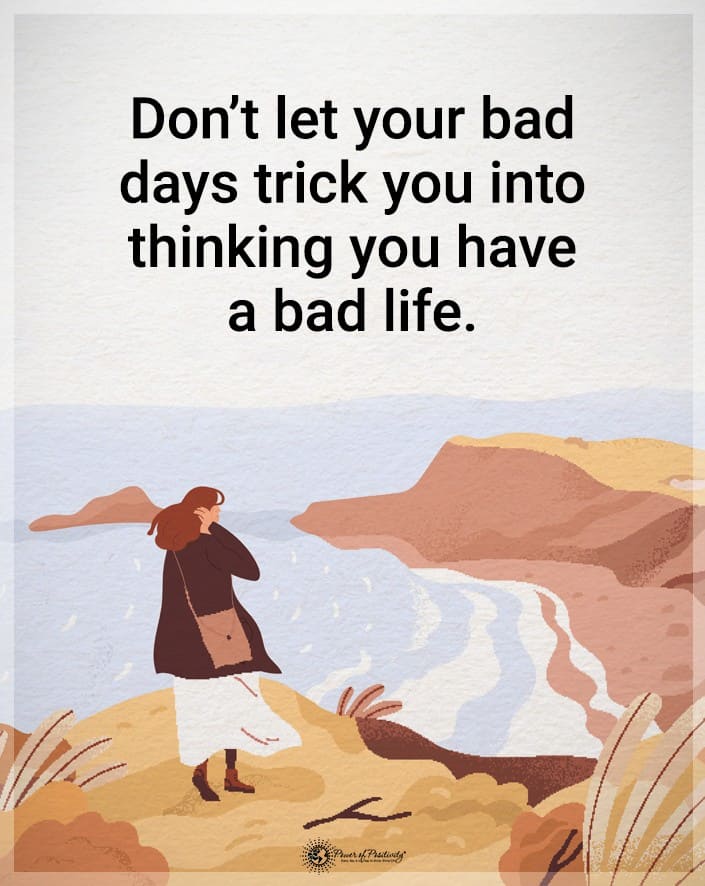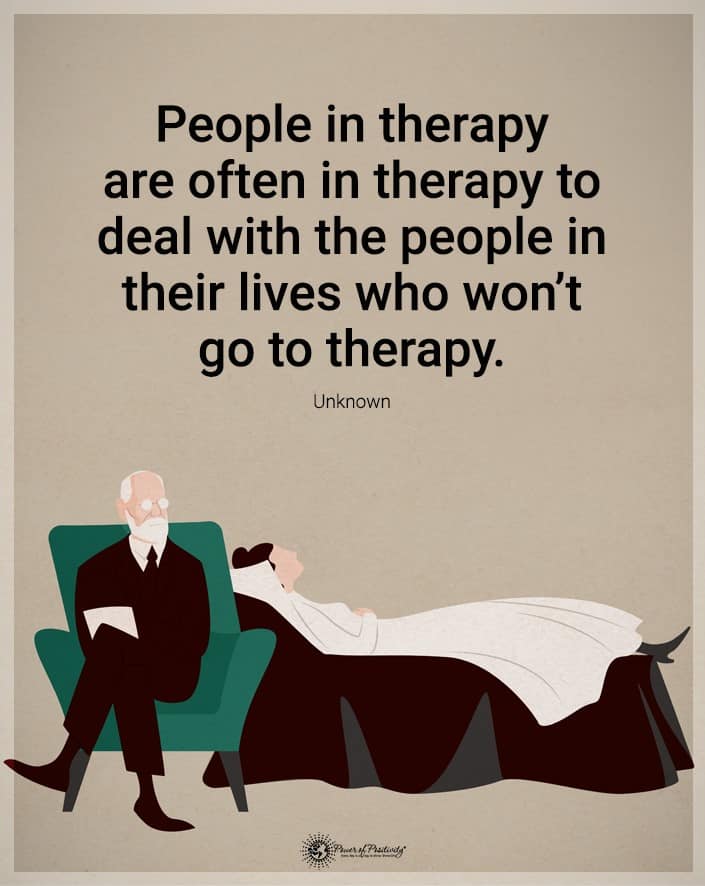Unfortunately, many people in the U.S. and worldwide suffer from some sort of anxiety disorder. In the U.S. alone, approximately 18.1% of people age eighteen and older have anxiety, which equates to about 40 million people. If you have never had anxiety, you may not understand what people who do suffer from it go through on a daily basis. This mental health disorder can affect every aspect of someone’s life, and treatment doesn’t totally eliminate the symptoms, in some cases.
People with anxiety can often feel very alienated and misunderstood, as the percentage of the population without anxiety often make incorrect assumptions about them.
Here are five things people with anxiety need you to know:
Understanding these points can help you understand people who struggle with this disorder a little better.
 1. The symptoms of anxiety affect us both mentally and physically.
1. The symptoms of anxiety affect us both mentally and physically.
Anxiety doesn’t just affect our brains and the way we process the world around us – we can actually feel physical symptoms from the disorder. This mental health disorder occurs due to a combination of genetics, personality, environment, diet, and chemical imbalances in the brain. All of these factors can make anxiety feel like a burden on the physical body, and can induce headaches, cold sweats, flushing of the face, insomnia, stiff muscles, and more.
Mentally, anxiety causes us to obsess over small things, and fixate on certain situations. We try to manage our anxiety as best we can, but many of us suffer silently because we think others won’t understand.
2. We might also suffer from depression.
According to the Anxiety and Depression Association of America, about one-half of people with an anxiety disorder also suffer from depression. Having both of these disorders feels like being pulled in two different directions, to explain it simply. Anxiety makes us feel like we want to do everything at once, and depression makes us not want to do anything. Managing both of these disorders can feel completely overwhelming at times, and according to the Mayo Clinic, anxiety often occurs as a symptom of depression.
3. We aren’t antisocial – we just need time alone sometimes.
Anxiety can make it difficult for us to leave the house some days. So if we cancel plans on you at the last minute sometimes, don’t take it the wrong way. We actually love people, but being around others can actually exacerbate our symptoms and increase the anxiety we already feel. Of course, those who suffer from social anxiety tend to have the hardest time socializing with others, but even those with panic disorder and generalized anxiety disorder can feel anxious in social situations.
If we do go out with others, we prefer a quiet, intimate environment over a loud, crowded one.
4. Anxiety doesn’t make us weak or decrease our value in any way.
Many people label those with mental disorders as somehow less valuable or less of a person. But this stigma surrounding mental illness needs to be addressed and put to rest.
People with mental disorders have simply been too strong for too long, and anxiety and depression can occur as a result. Genetics play a part as well. However, people often can’t help what situations they grow up with and how experiences shape them. We acknowledge that overcoming anxiety, depression, and other mental disorders begins with us, but overcoming them takes time, and great effort.
Maybe because people can’t actually see our pain and suffering, they dismiss these disorders as psychosomatic and overstated. However, we go about our lives even with our mental imbalances, making us fighters, warriors, and survivors. Trying to overcome our minds and live happy, healthy lives once again makes us even more valuable, in our opinion.
 5. We don’t say we have anxiety just to get attention.
5. We don’t say we have anxiety just to get attention.
People who don’t suffer from mental problems often say that those who do just want attention and people to feel sorry for them. This couldn’t be further from the truth – people with anxiety want love and understanding, not attention. We don’t claim a mental disorder just to put on a show and have people throw us a pity party. In fact, we have real symptoms that can often be debilitating. We just want to live normal lives, but struggle to figure out how. It often feels as if our brains are on attack against us, and we have to fight back just to keep up with our everyday lives.
Anxiety feels like an ongoing battle, a constant war zone. We try everything we can to feel balanced and at peace with ourselves, but we may not ever totally get over anxiety – we can just learn to manage it. So, if you know someone with anxiety, give them compassion and a shoulder to cry on if they need it.
Often, people with anxiety have a higher sensitivity to energies than others. Therefore, they have a harder time processing our increasingly chaotic and stressed out world. Everyone struggles with something, so don’t condemn those who happen to have anxiety. They don’t want the disorder, but they have to learn how to live with it and overcome it anyway. And this makes them some of the strongest people you will ever come across.

















